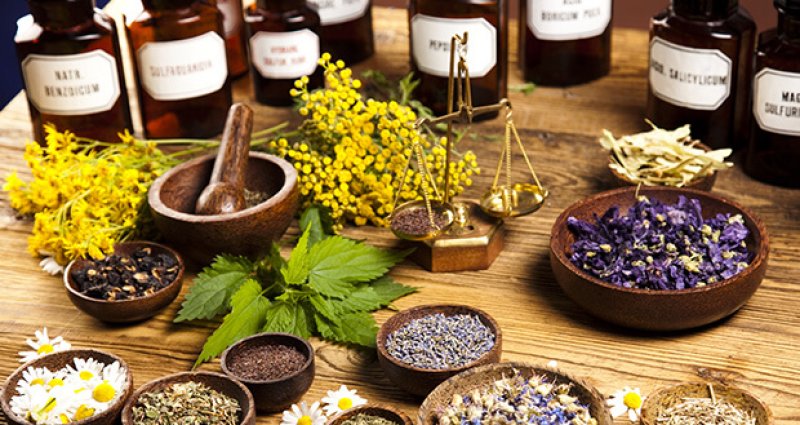Cancer patients who use alternative therapies may be more likely to shun conventional treatments and risk their chances of survival, research suggests. A study of 1,290 patients in the US found people who received such therapies often refused life-saving care such as chemotherapy or surgery.
Fewer of them survived five years after starting treatment compared to those on standard care, researchers found.
…
[T]hey were found to be more than twice as likely to die at any point over the course of the nine-year study, as a result of either refusing or delaying standard treatment.Comparing people who received alternative therapies with those who did not, the report found:
34% refused chemotherapy compared to 3.2%
53% refused radiotherapy compared to 2.3%
7% refused surgery compared to 0.1%
The paper’s authors said it was likely the results for those who used alternative therapies would have been worse were it not for the fact that they were a group that had better cancer survival chances to begin with.
…
Although researchers linked the lower chances of survival to refusing or delaying standard treatments, lead author Dr Skyler Johnson, from Yale School of Medicine, told the BBC it was also possible some alternative therapies could interact with conventional treatments and make them less effective.
Read full, original post: Alternative cancer therapies linked to reduced survival































